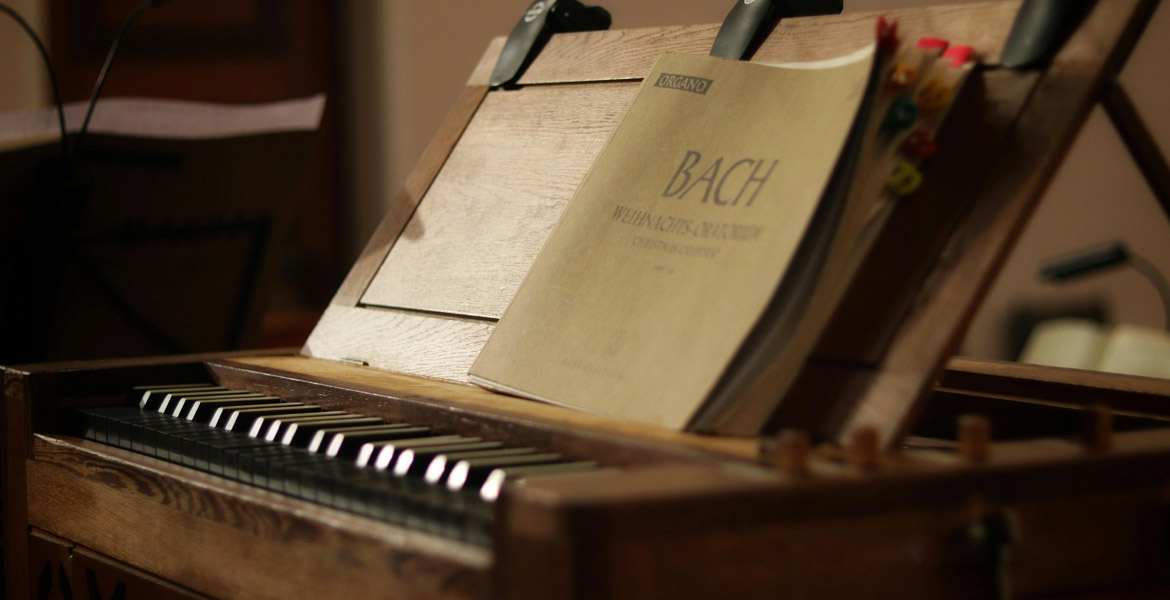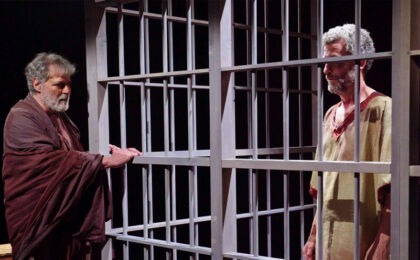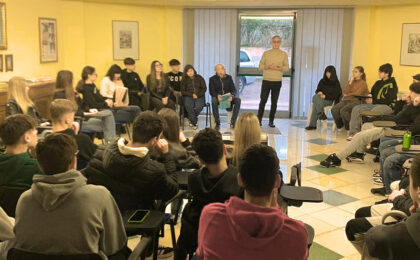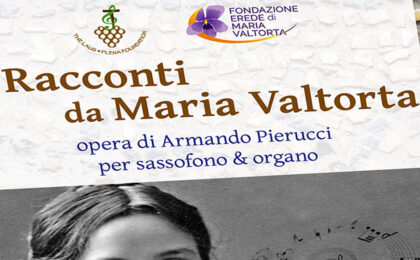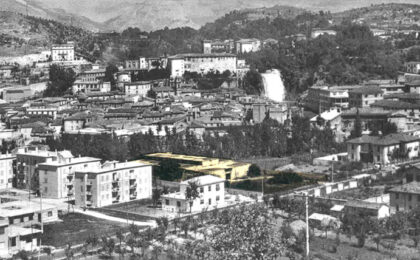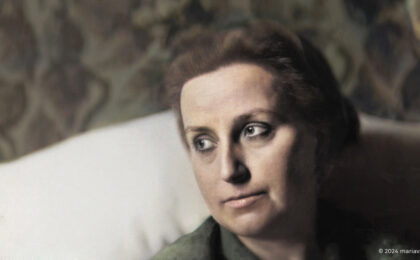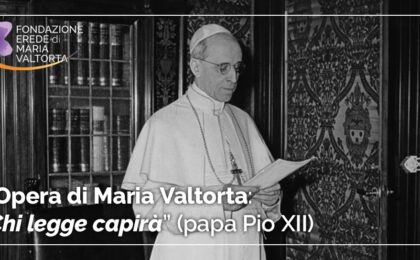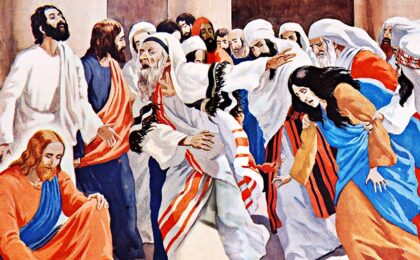The Long Night of Churches is the first white night of places of worship where music, art, and culture blend together in a spirit of reflection and spirituality.
The latest edition (June 7, 2024) featured many initiatives throughout Italy: 150 dioceses, over 220 locations including churches, diocesan museums, and sanctuaries…
For one day, in the splendid setting of our churches, various initiatives and cultural programs were organized: guided tours, exhibitions, theater, readings, music, etc.
Music.
Great musical compositions often draw inspiration from the divine, intertwining celestial harmonies and spiritual aspirations. Composers like Bach or Beethoven, to name two, have created monumental works that reflect a quest for the transcendent.
These compositions not only celebrate the sacred, but also strive to express the ineffable and the infinite through music.
The majesty of their creations reveals how the divine is an inexhaustible source of inspiration, capable of elevating the human soul and conveying a sense of profound spirituality and universal connection.
Cardinal Ratzinger stated that “in Bach and Mozart, he perceived the harmonious presence of God.” In an interview with the newspaper Avvenire, he recalled “a concert of Johann Sebastian Bach’s music in Munich, conducted by Leonard Bernstein. At the end of the last piece, the Cantata Bwv 140 Wachet auf, ruft uns die Stimme, I felt, not through reasoning, but deep in my heart, that what I had heard had conveyed truth to me, the truth of the great composer, and it moved me to thank God. Next to me was the Lutheran bishop of Munich and I spontaneously said to him: ‘Hearing this, one understands: it is true; the faith is so strong, and the beauty irresistibly expresses the presence of God’s truth.’”
***
In the writings of Maria Valtorta, the words of Jesus are not just stories but often transform into true musical compositions of the soul. Her descriptions not only recount the teachings of the Master but evoke deep sensations and emotions that could be translated into musical notes. It is as if every word, every phrase has the potential to become a motif, a musical theme that resonates within the reader’s inner being. This connection between word and music not only enriches the text but opens the door to an artistic interpretation that brings the divine closer through the universal language of music. And Jesus himself explains the reason for this:
“Observe, Maria. […] is music which is prayer, instruction, and elevation to contemplation in the supernatural domain, music in whose notes there truly vibrates and shines forth not so much human genius, but the power of God, man’s Creator.
“Man’s genius is only the means to witness to the power of God, who created him with intelligence and reason, in addition to spirit and flesh and blood. Human genius is simply the reply given to the supporters of evolutionary theories maintaining that current man is just a beast that has evolved in a slow ascent from animality to humanity. Man’s genius is simply the reply given to the deniers of Creation, and, therefore, of God the Creator, the heretics upholding the autogenesis of the universe. Human genius is simply the reply given to the atheists. Human genius is the confession that God exists and that everything exists because He wills it: light, life, elements, intellect—everything.
“But I am speaking about empty music. I would compare my pages to this if they were just the harmony of words and stylistic perfection. But there is Wisdom in them. My Wisdom. There is Truth. My Truth. There is Charity in them. My Charity. There is God, then. That is why they have value. And woe to those who fail to seek and find therein this true value of theirs.” (September 30, 1947, The Notebooks. 1945-1950)
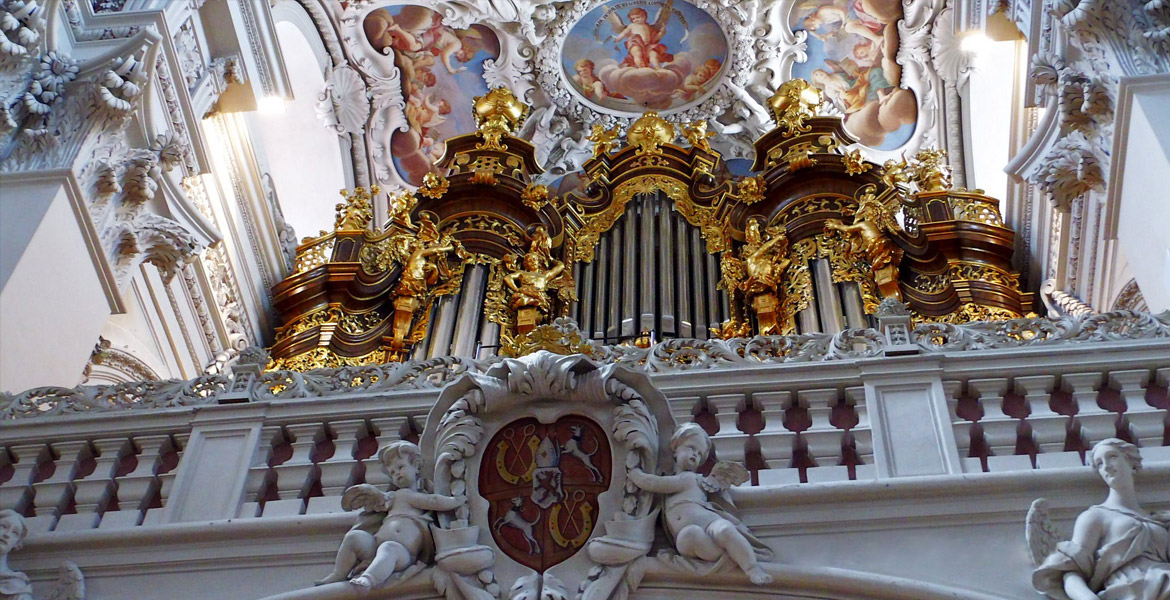
***
The Maria Valtorta Heritage Foundation intends to give a voice to artists who feel inspired by the writings of Maria Valtorta. If you have ideas or projects, do not hesitate to contact us.
